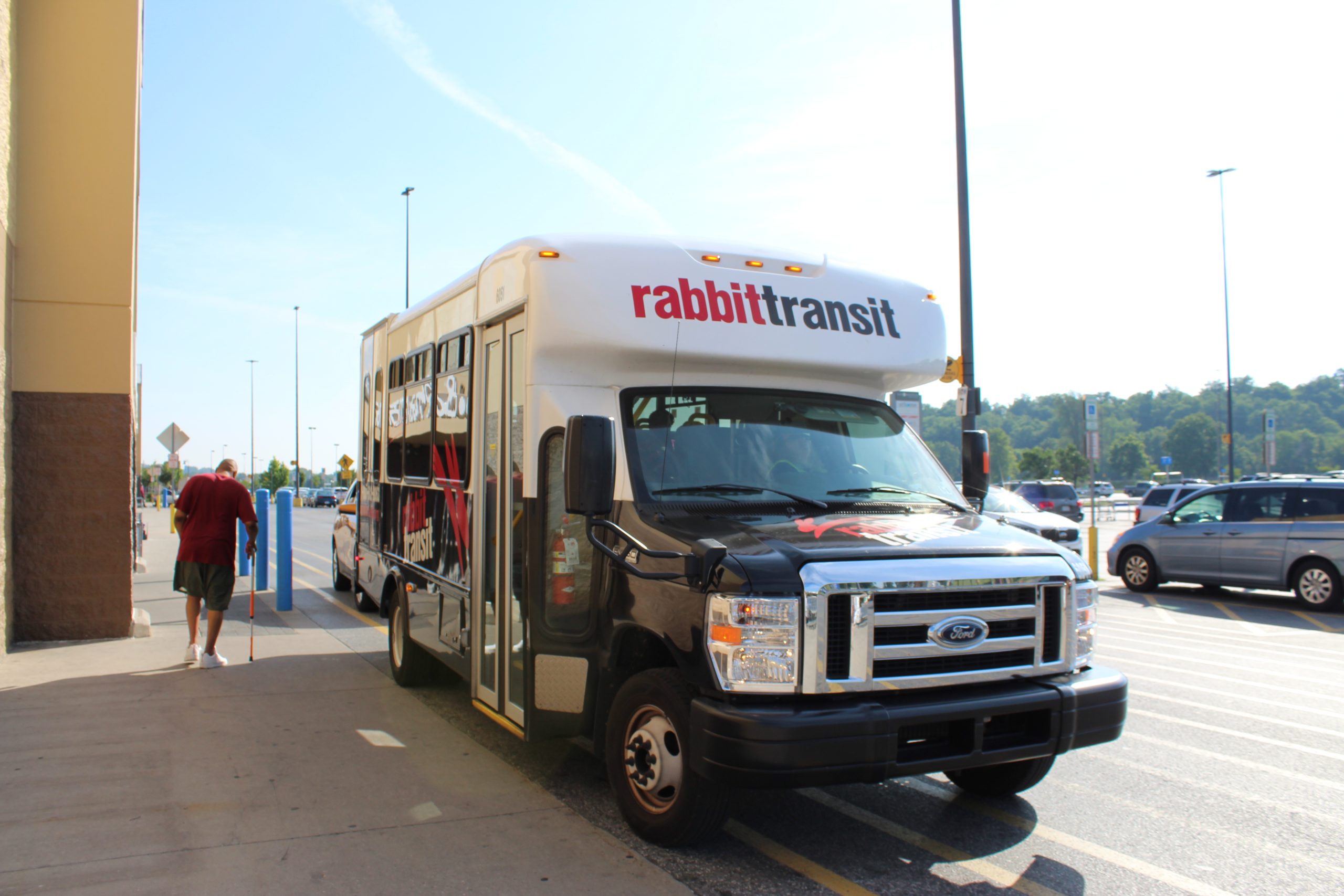Shared Ride Services – What it is and What it isn’t
Shared ride, sometimes referred to as paratransit, provides a valuable service to those who cannot access the fixed-route system; however, it does not work for everyone in every situation. Due to the nature of shared ride services, paratransit customers will be riding with other customers. Your ride will almost always involve deviations to pick up or drop off other customers before taking you to your destination. Shared ride is not a taxi service, its cost structure is designed to serve multiple riders at a time. It is important that you keep this in mind when making a reservation. Individuals requiring a nonstop trip to or from their destination are encouraged to consider other options (for example public bus, taxi, or volunteer driver).
Paratransit is not emergency medical transportation. Public transit drivers are not medical professionals, please call 911 if you are having a medical emergency. Public transit is unable to transport individuals needing to ride on a stretcher or who are too physically frail or ill to safely complete their trip on the shared ride ADA paratransit services. Additionally, the transit provider is unable to transport individuals who have a medical condition that requires them to be isolated for their health or the health and safety of others.
It is important to note that when certain criteria are satisfied, oxygen tanks are permitted on the shared ride vehicles, our drivers are not trained to change tanks, monitor oxygen levels or assist with tank defects. As a shared ride program, passengers will from time to time encounter early pick-ups and extended waits for a return home. Riders should ensure that they are prepared for trip duration and length when using oxygen.
Please understand that paratransit drivers are not caregivers. Drivers’ responsibility is to safely transport passengers from their origin to their destination. Behaviors that keep drivers from being able to perform this duty may be grounds for removal from the service (for example: removing one’s seatbelt and moving about the vehicle while it is in motion, uncontrollable screaming, etc.). While a driver may provide an arm for stability, passengers are required to support their own weight. If a passenger needs more assistance than can be provided, it is highly recommend that passengers utilize a mobility device and bring a Personal Care Attendant (PCA).
rabbittransit recognizes that mobility is essential to maintain a high quality of life. While we care for the wellbeing of all of our passengers, when the passenger is off the vehicle the transit provider does not have control of passenger movements or safety. If there are concerns for a loved one’s independence, it is highly recommended that consideration is given to work with a PCA for pre and post-trip needs.
